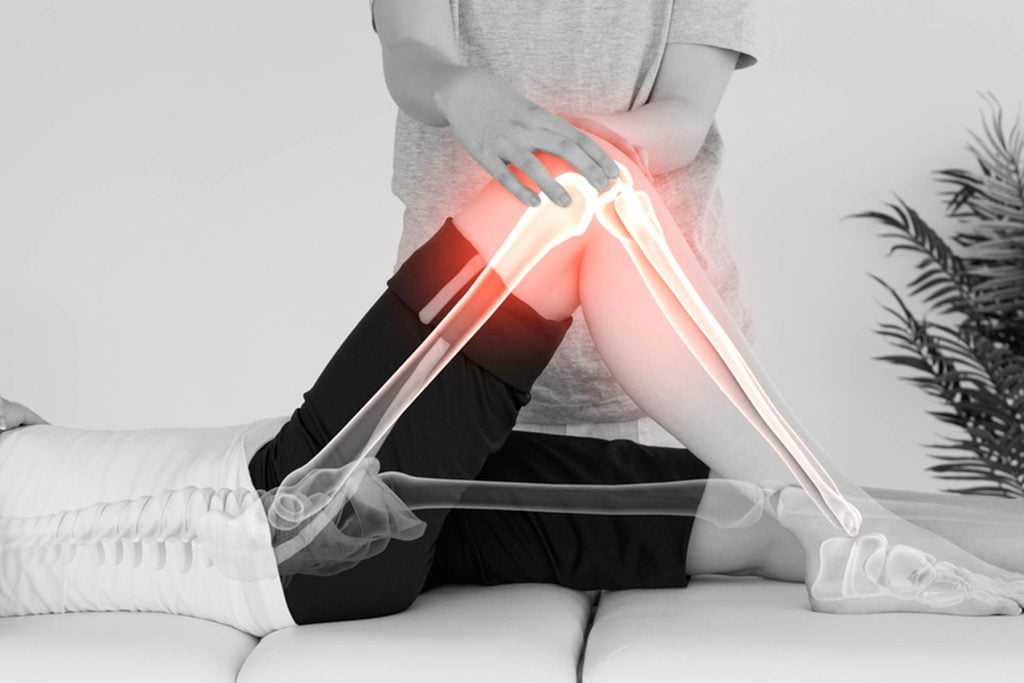This Mineral May Be Key to Protecting Your Bones (It’s Not Calcium)
Updated: May 22, 2017
Everyone knows that calcium is good for your bones, but you might be missing out on a more crucial mineral.
Calcium and vitamin D may get the spotlight when it comes to bone health, but there’s another mineral that plays a role in keeping your skeleton strong: It’s magnesium, and 67% of the body’s stores for this mineral are found in your bones. Now, research published in the European Journal of Epidemiology suggests magnesium could help prevent fractures. (Do you know the signs of magnesium deficiency?)

While previous research had revealed that magnesium supports bone growth, no study had tied the mineral to risk of bone fractures. Tapping into over 20 years of data on 2,245 men, investigators in Britain and Finland compared the men’s magnesium blood levels to their risk of fracture. They discovered that the higher a man’s magnesium, the lower his risk of fracture.
Magnesium works with bone building cells (aka osteoblasts), and works in conjunction with vitamin D and parathyroid hormone to keep calcium levels normal, and fracture risk low. Medical factors affecting magnesium absorption include inflammatory bowel disease (or other chronic diarrhea problems), kidney insufficiency or certain medications.
So, how much magnesium should you eat? The recommended daily intake for adults over 31 years of age is 320 mg for females and 420 mg for males. Nuts and seeds, especially almonds, sunflower seeds, walnuts and cashews are rich in magnesium. Other food sources include oatmeal, milk, peanut butter, spinach, broccoli, peas and beets.

However, the Finnish study couldn’t link dietary intake of magnesium to higher blood levels of magnesium, which is strange. Although the study authors aren’t sure why food couldn’t boost levels, previous research suggests an improvement in bone density among menopausal women who took supplements of magnesium hydroxide.
The bottom line is that eating foods high in magnesium still makes sense, since those foods tend to be healthy. If you’re at elevated risk for osteoporosis or fracture talk to your physician or a registered dietitian about taking magnesium supplements.
